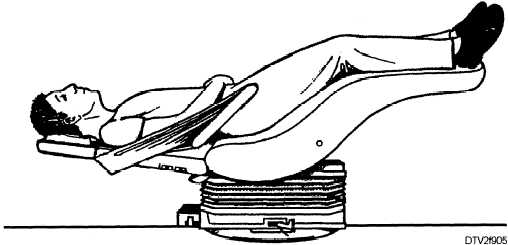SYNCOPE
Syncope or fainting
is perhaps the most frequent complication associated with local
anesthesia in the dental office. It is a form of neurogenic shock.
When the patient is
sitting on dental chair, the brain is placed in superior position and is most
susceptible to reduced cerebral blood flow result in
cerebral ischemia and increase
in peripheral vascular bed (pooling of blood in the lower extremities), with a corresponding drop in blood
pressure.
loss of consciousness is an extreme manifestation of cerebral ischemia.
loss of consciousness is an extreme manifestation of cerebral ischemia.
TREATMENT;
1) the time of treat this complication is in its
early phases before patient has lost consciousness.
2) Operator should
discontinue any procedure in progress
3) lower the chair back while the patient’s legs
are slightly elevated , thus placing the patient in a semireclining position.
4) This position aids
venous return from the lower portions of the body while preventing venous
congestion in upper body.
5) If the patient is
conscious , he should be instructed to take a few deep breaths.
6) Ammonia or ammonia
spirit inhalation (in limit) is indicated to treat or prevent syncope
(fainting).
Adverse effect ; ammonia comes in contact with eye or skin causes
burning sensation/ irritation of eye and skin, inhalation in high concentration
of ammonia can cause lung damage.
7) Electrolyte
solution, fruit juice or salt tablet are given to raise B.P. which is very usefull in treat sycope.


MUSCLE
TRISMUS
Muscle trismus is a fairly common complication
of regional analgesia or anesthesia,
particularly after blocks of the inferior alveolar nerve.
The most common cause
of trismus is trauma to muscle during
the insertion of needle.
Irritating solution,
hemorrhage , or low grade in fection within the muscle may also cause varying
degrees of trismus.
Treatment should
depend on the cause of the trismus;
TRISMUS due to trauma
;- slightly excercises and drug therapy
necessary to relieve pain.
·
Muscle relaxants (MR) such as diazepam (valium) 2.5-5.0
mg three time per day or meprobamate ;-
1200-1600 mg / day with application of warm water
Example; FLEXON MR , ACECLOFENAC +
MR given TDS.
·
Physiotherapy; consisting of opening and closing the
mouth as wll as from side to side for 5 to 10 minutes every 3 or 4 hours will
also assist recovery.
No comments:
Post a Comment